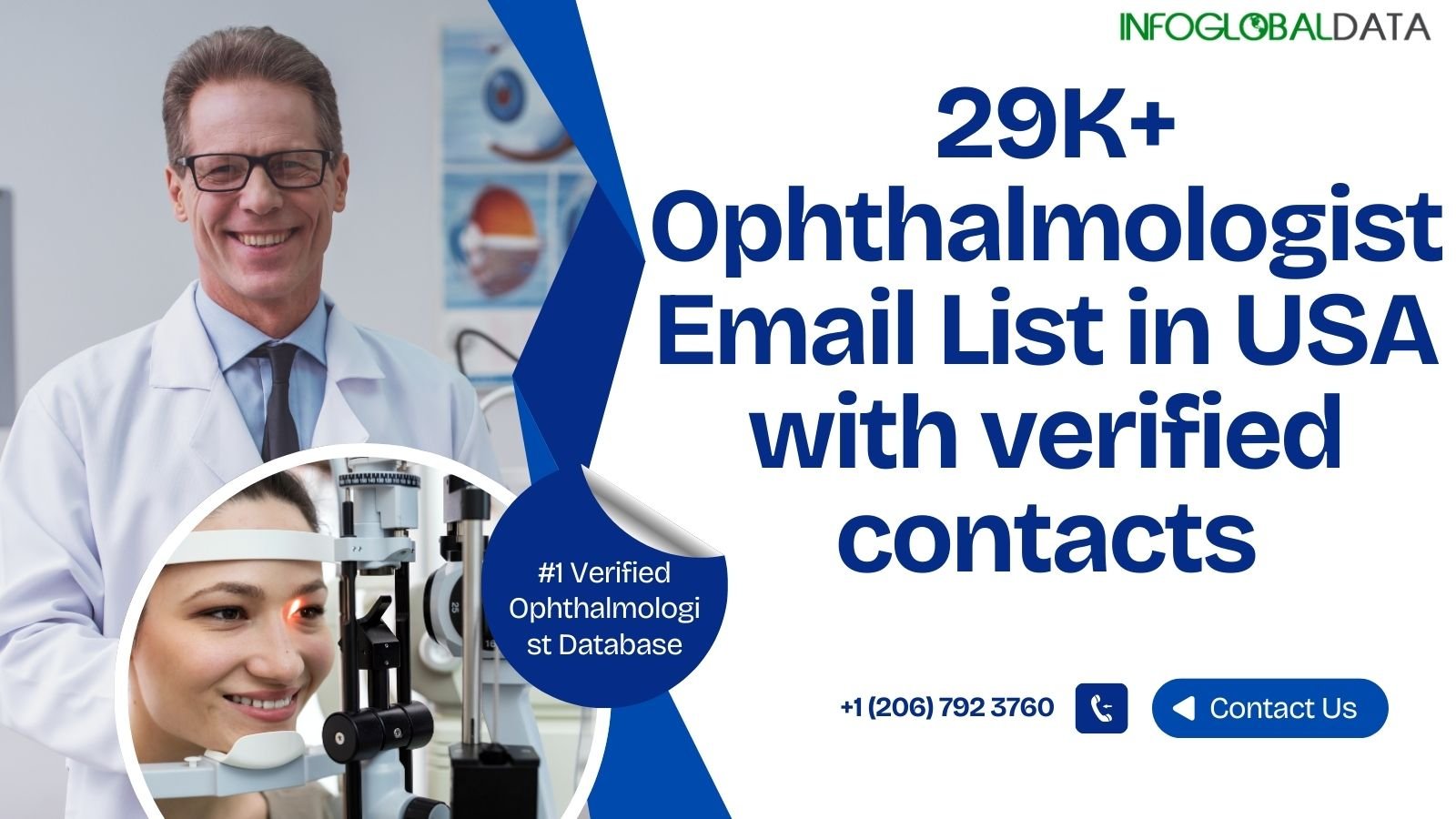In today’s competitive personal care market, product labels play a critical role in shaping consumer perceptions and influencing purchasing decisions. Beyond just providing basic product information, custom personal care labels serve as powerful marketing tools that can significantly boost sales. They tell a story, communicate values, and differentiate your products from others on the shelves. In this post, we’ll explore how businesses can leverage the power of custom personal care labels to increase sales, engage customers, and create long-lasting brand loyalty.
The Importance of First Impressions
Grabbing Consumer Attention
The first thing customers notice about a personal care product isn’t its ingredients or price—it’s the label. Whether on physical shelves or digital platforms, a well-designed label is what captures attention and draws consumers in. In a world where people make decisions within seconds, your custom personal care labels can be the deciding factor in whether someone picks up your product or moves on to a competitor.
Bright, bold colors, eye-catching fonts, and creative graphics can make a product stand out from the competition. Personal care products, such as shampoos, lotions, and serums, rely on visual appeal to lure customers in. The right label design can evoke emotion, making customers feel that the product is something special or luxurious, which is key to driving sales.
Communicating Brand Identity
Custom personal care labels also serve as a reflection of your brand’s identity. They are not just about being eye-catching; they must align with your brand’s values and messaging. For instance, if your brand is centered around eco-friendliness, your label should convey that through minimalist designs, earth tones, and perhaps even sustainable materials. On the other hand, if your brand promotes luxury and sophistication, a sleek, modern label with elegant typography will speak directly to that audience.
Consistency in branding helps build trust and recognition. When consumers see a product that matches the overall image they associate with your brand, they’re more likely to pick it up, increasing your chances of making a sale.
Building Consumer Trust Through Information
Clarity in Product Ingredients
In personal care, transparency is key. Customers today are more aware than ever of what they are putting on their skin, and they expect brands to be upfront about ingredients. Custom personal care labels that clearly display the ingredients in an easy-to-read format not only meet customer expectations but also build trust.
People tend to buy products they feel are safe and beneficial. If your label highlights natural ingredients, allergy warnings, or organic certifications, it reassures customers that your product is worth their trust. Transparency through labeling also means fewer returns and customer complaints, contributing to better long-term sales performance.
Usage Instructions and Benefits
Custom personal care labels should also provide clear usage instructions and explain the benefits of using the product. Labels that state “for sensitive skin” or “dermatologist-tested” immediately communicate value to specific consumer groups. Additionally, instructional details—like how much to use and when—add to the convenience and positive experience for consumers, reducing confusion and dissatisfaction.
When customers feel that they understand how to use a product and what it does, they’re more likely to be satisfied with their purchase. This satisfaction translates into repeat sales and, more importantly, brand loyalty.
Creating Emotional Connections
Telling a Brand Story
People are more inclined to buy from brands that resonate with them on a personal level. Custom personal care labels provide a canvas for storytelling, allowing brands to share their mission and values directly with the consumer. For example, if your brand is committed to sustainability, share a few lines about how your products are ethically sourced or how a portion of proceeds supports environmental causes.
Storytelling helps brands connect with consumers emotionally. When customers feel a personal connection to a brand, they’re more likely to make a purchase and stay loyal. Custom personal care labels can communicate these values subtly but powerfully through both text and design.
Crafting a Memorable Experience
Incorporating unique design elements such as textures or interactive features into custom personal care labels can elevate the customer experience. Imagine a label with a QR code that leads to a video tutorial or testimonials from satisfied users. Not only does this add value to the customer, but it also keeps your brand in their minds long after the purchase.
A label that enhances the tactile experience with embossing or a soft-touch finish also creates a sense of luxury and quality. These details, though small, can make a lasting impression, encouraging repeat purchases and word-of-mouth referrals, both of which are critical for boosting sales.
Aligning with Market Trends
Eco-Friendly and Sustainable Labels
With consumers becoming increasingly conscious of environmental impact, brands that reflect these values are more likely to attract attention. Using eco-friendly materials for custom personal care labels—such as recycled paper or biodegradable options—can position your brand as a leader in sustainability. Labels that emphasize cruelty-free testing, vegan ingredients, or carbon-neutral packaging also appeal to this growing market segment.
As consumers actively seek out products that align with their ethical values, having custom personal care labels that clearly convey your brand’s commitment to sustainability can lead to higher sales and a loyal customer base.
Customization and Personalization
Personalization is a major trend across industries, and the personal care sector is no exception. Offering customizable options for labels—whether it’s adding a customer’s name, favorite color, or specific skin type—can make a product feel more personal and exclusive. When customers feel that a product has been made specifically for them, they are more likely to make a purchase.
Brands can use personalization in different ways, such as limited-edition designs, seasonal themes, or special messages for holidays. Custom personal care labels that tap into personalization create a deeper connection with consumers, leading to increased sales and brand loyalty.
Leveraging Labels in Digital Marketing
Enhancing Social Media Appeal
In the age of Instagram and TikTok, visuals play a crucial role in how consumers discover and engage with products. Custom personal care labels that are visually stunning or shareable can increase the likelihood of your products being featured in user-generated content. People love sharing their latest purchases, especially if the product looks good in photos.
Brands can take advantage of this by designing custom personal care labels that are “social media-friendly,” encouraging customers to showcase their products online. This kind of organic promotion acts as free marketing, exposing your brand to new potential customers and driving sales.
Influencer Collaborations
Collaborating with influencers who align with your brand values is a powerful way to reach a wider audience. Influencers can showcase your products, emphasizing the beauty and uniqueness of your custom personal care labels. By featuring your product on their platforms, influencers introduce your brand to their followers, creating opportunities for increased sales.
When an influencer’s followers see custom personal care labels that appeal to them, they are more likely to purchase the product, especially if it’s endorsed by someone they trust. This partnership can significantly boost brand awareness and sales.
Measuring Success Through Data
Tracking Label Performance
Once you’ve invested in custom personal care labels, it’s important to track how they perform in terms of sales, customer engagement, and brand recognition. Metrics such as increased sales after launching a new label design, customer feedback, and social media mentions can provide insights into what works and what doesn’t.
For example, if sales increased after updating to a more minimalist label design, it may indicate that consumers prefer a cleaner look. Tracking performance allows brands to continually refine their labels to meet consumer preferences, ensuring sustained sales growth.
Adapting to Consumer Feedback
Lastly, consumer feedback is invaluable. Listening to what your customers like or don’t like about your labels can provide critical insights for future product releases. Whether through surveys, reviews, or direct social media engagement, staying attuned to customer opinions allows brands to make improvements and adapt their strategies.
Custom personal care labels should never be static; they should evolve alongside your customers’ preferences. By doing so, you not only boost sales but also build a loyal customer base that feels heard and valued.











Leave a Reply